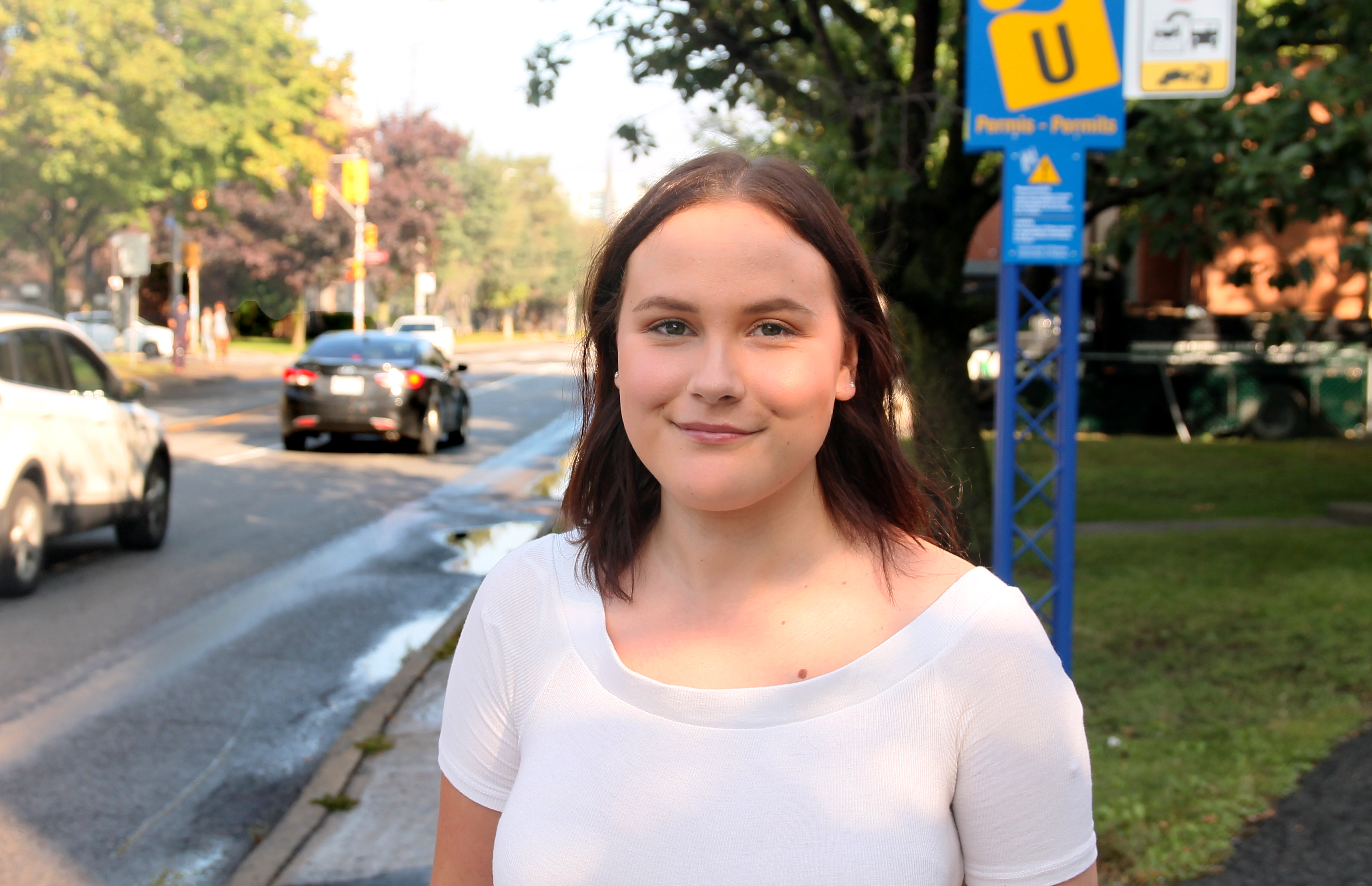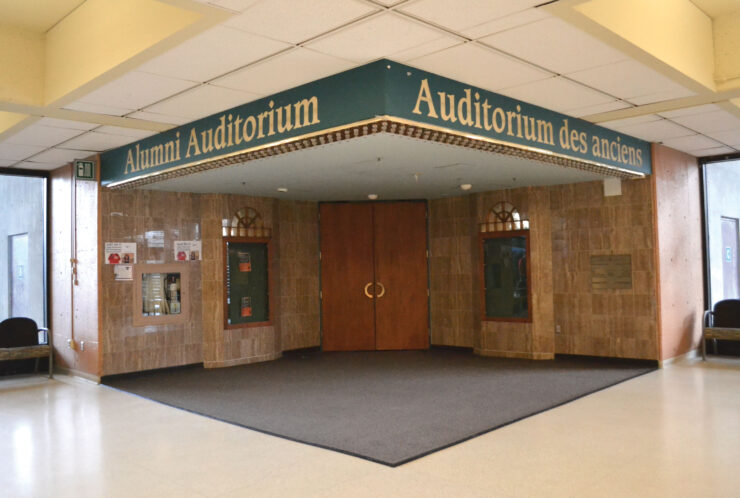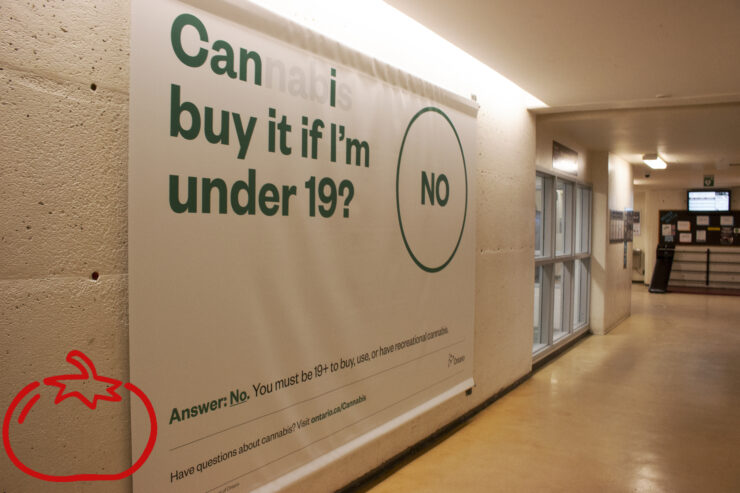Roy looks to introduce bilingualism program, ‘break that language barrier’
The Fulcrum is interviewing each of the four University of Ottawa Students’ Union (UOSU) commissioners as students head back to class. Francophone affairs commissioner Natasha Roy touched on the challenges she has faced in the position, her successes so far and her goals for the year.
Answers have been edited for length and clarity.
The Fulcrum: Can you tell me a bit about yourself?
Natasha Roy: I’m a third-year student in psychology and linguistics.
F: How did you get involved with the UOSU?
NR: I used to work at the Café Alt, which was one of the businesses owned by SFUO (Student Federation of the University of Ottawa). When the whole referendum happened, I started to get more of an interest in student politics.
Not only as a student but as an employee, the decision had a really big impact on myself and I thought that it would be very important to participate even more. After the results and all that I thought well maybe it’s time for change and how can I bring that change more thoroughly, so I decided to join.
F: Why do you think you’re a good representative?
NR: I’m always the kind of person when there is a problem I try to find the best route for a solution. If one way doesn’t work than I’ll figure something out. I hate being left with questions, I like getting my answers. Also the linguistic rights of francophones and not only francophones but everyone, it was always an important subject for myself. When I saw the UOSU had the opening for francophone affairs I thought that would be a great opportunity for myself to participate in and to also have a good political standpoint on campus.
F: What are some things you’re proud of achieving so far in your position?
NR: I’ve had some good comments on 101 Week. For the opening ceremonies there were more cheers in French that were used. Also on our media platform right now we see…the French translation appear first and things like that. That’s one thing I’m really proud of.
One of the projects I’m working on that’s making me even prouder is the fact that I am trying to break that language barrier between English and French. Making it more inclusive but at the same time not demanding that everything has to be absolutely bilingual, but offering an opportunity to learn a second language and seeing it as that way so that folks are not limited because they are only unilingual.
F: Looking forward, what are some of your biggest goals for this year?
NR: That’s a good question. My biggest goal for this year is to set up UOSU in a way that having a French representation become more of a second nature for folks on staff and on our services and things like that. There is a lot of work that needs to be done. My biggest goal is to really make it a standard and making sure that it is given not a hard task, but something that we should be proud of offering a bilingual service.
F: What are some challenges you have already started to overcome in your position?
NR: One of my biggest challenges would be just having to work on having that second nature of having French representation. I know that for folks who are more anglophone, they tend to not really think about implicating French and some people do it really well without any hesitation. So that’s one thing I find it hard is trying to find how I can help provide that support for them to think of it and make myself always available at the same time.
One way that I am working towards currently right now is having a training program for bilingualism. So that would include speeches, even email writing, internally and externally, event planning and services. How can we have a better representation and how can we make sure those who have a Francophone representation? Everything always starts from the beginning, so maybe just offering some tools and ideas for folks to do that.
F: What are some of the big events you are looking forward to this year?
NR: I think the one that is making me the most excited is the Mode de la Francophone in March. There is La Journée des Franco-Ontarien that I’m very excited about. So we’re working with the university to plan it. I’m Franco-Ontarian myself, so just being part of it, it’s something that really matters to me. It’s Sept. 25, so it’s really soon.
F: Do you think the university does enough to support Francophone students?
NR: I think that yes, because there are a lot of policies in place to help out students. First of all, it’s one of the goals of the university since it was built to have Francophone representation and to offer French services. The university really takes a lot of pride in it and working with them directly and they do enough. I am fully supportive of them and what they are doing and I’m always working with them to move forward.







